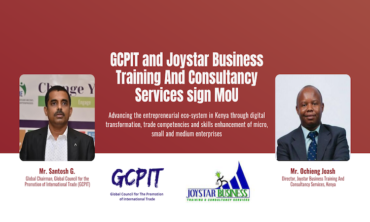Management Council
Management Council (MC) has ultimate responsibility for directing the activity of the organization, ensuring it is well run and delivering the outcomes for which it has been set up.
Every management council should provide leadership to the organization by:
- Setting the strategic direction to guide and direct the activities of the organisation;
- Ensuring the effective management of the organization and its activities; and
- Monitoring the activities of the organisation to ensure they are in keeping with the founding principles, objects and values.
Understanding the role
“The leaders are all volunteers giving their time to support, manage and develop the sector’s activities and services in Indian. Estimated at over 3,000 volunteers…”
Giving Leadership, Giving Time, Volunteer Now 2021
Management council members carry out a vital role within the community and voluntary sector. Their role is not necessarily about doing, it is about ensuring things are done. Usually, the day-to-day management of the organisation will be delegated to paid staff or to volunteers, although the Management Council of smaller organizations is often much more actively involved.
The management council is the group of people who are held accountable for the activities of the organization. It is the ultimate decision-making forum.
Overview of Responsibility
The Management Committee plays an important role in the organization as both leaders and decision-makers. Their overall responsibilities are summarised below.
Vision and Values
The Management Council ensures that everything the organization does supports its vision, purpose and aims. They establish the fundamental values, ethical principles and strategic direction in which the organization operates.
Accountability
The Management Council must account for everything the organization does. The Management Council is accountable to the membership of the organisation and other key stakeholders such as funders and donors. The Management Council monitors and evaluates all areas of the organisation’s performance.
Legal Duties
The Management Council ensures compliance with all relevant legal and regulatory requirements and seeks guidance around any uncertainties. Everything the Management Council and the organisation do must also be in line with its governing document, e.g. constitution or memorandum and articles of association.
Managing Staff
In organizations that employ staff, the Board of Directors or Executive Board is essentially the employer. They must ensure that appropriate policies and procedures are in place for staff and that they are properly managed and supported.
Managing Volunteers
Many organisations in the sector involve volunteers in their work. It is also the responsibility of the management council to ensure that volunteers are effectively recruited, trained and managed as part of the Executive Council, Advisory Board Members.
- Management and Executive Council Members, Advisory Board Members are governed by https://gcpit.org/honorary-appointment/
- Roles & Responsibility, Communication, Accountability defined in the page for governing purposes – http://gcpit.org/mc/




















